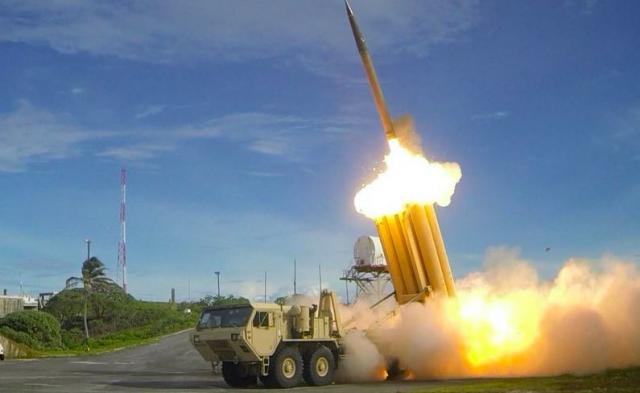Timing isn’t everything, but in politics it’s important, and the indictment of 12 Russian intelligence officials for allegedly being behind the supposed hacking of the Democratic National Committee in 2016 in an alleged effort to skew the election in favor of Donald Trump over Hillary Clinton, announced today by Mueller “Russiagate” probe overseer and Associate US Attorney General Rod Jay Rosenstein just before President Trump’s planned summit meeting Monday in Finland with Russian President Vladimir Putin — reeks of politics.
It is also rather thin on the announced evidence of a “hack” despite mainstream journalism’s breathless reporting that it the indictment cites “hard evidence” of such hacks.
In fact, little or nothing of what evidence is released — supposed use of a server in Malaysia, for example — proves anyting, since the Vault 7 release of CIA hacking tools last year showed that the CIA has developed software that lets its hacking teams disguise themselves as anyone, from a lone crank in a Chicago basement to a Russian GRU hacking team in Moscow. It’s all pretty meaningless — especially since to date the FBI has reportedly never even demanded to see, much less confiscate, the DNC’s servers, which could provide real evidence that they were, in fact hacked at all.
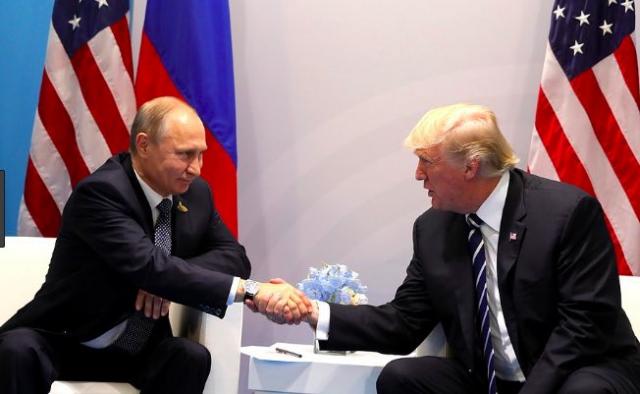 When two leaders, each with the ability to destroy the world, agree to get along, that's a good thing. Period.
When two leaders, each with the ability to destroy the world, agree to get along, that's a good thing. Period.
As the Veteran Intelligence Professionals (VIP) organization, whose membership includes former NSA experts like William Binney, who helped design that agency’s internet tapping systems, have declared, their own investigation, which looked at download speeds of the DNC hack, showed that it couldn’t have been done over a remote internet cable, but had to have been an inside job downloaded onto a thumbdrive or portable hard drive.
So we’re no further down the road in the so-called Russiagate hacking scandal, but the indictment of a dozen persons who can never be interrogated and brought to trial because they are safely in Russia does effectively do one thing: it undermines any chance that President Trump might reach some agreement with his Russian counterpart Putiin to ratchet down the growing hostility between the two countries, as Trump repeatedly said during the 2016 campaign that he wanted to do.
Say what you will about Trump and his fascist tendencies — for example his monstrous policy of jailing people entering the US surreptitiously who have legitimate refugee status claims that should be properly adjudicated, and even worse, grabbing their children and separating them — a process which is continuing even as courts have ordered the return of at least those children younger than five to their anxious and imprisoned parents, or the threat to invade Venezuela. It can only be a good thing to ease tensions between the two nations on this planet who have the capability to destroy it and render it a smoking ruin incapable of supporting life thanks to their stockpiles of thousands of nuclear weapons.
Yet it seems clear that forces in what has been called the “Deep State” or the “Permanent Government” of the US appear hell-bent on preserving that state of hair-trigger edginess between the US and Russia, no doubt because it keeps the financial taps wide open for the arms industry, the Pentagon, the intelligence agencies, and the politicians of both parties who feed on the campaign funds (bribes) offered by the industries that stand to benefit from cold war and myriad small hot ones.

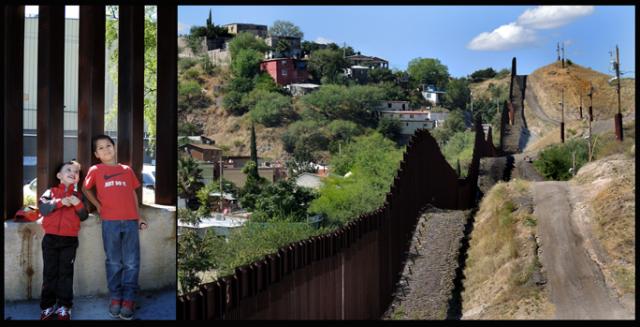
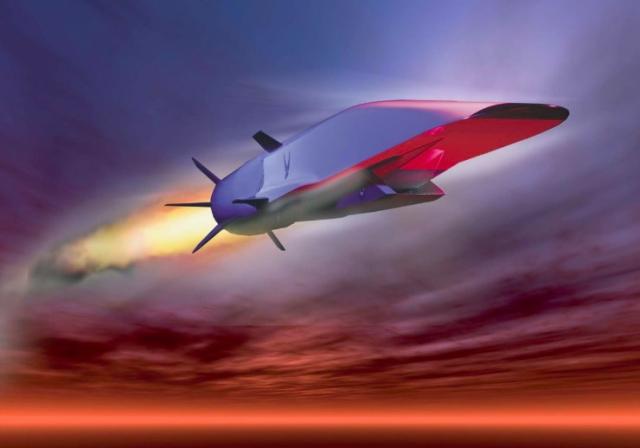

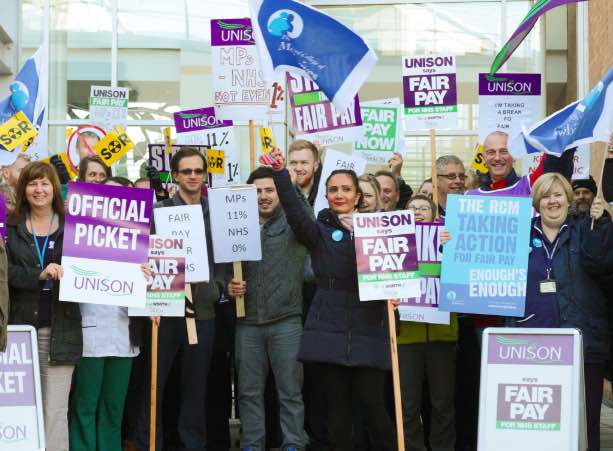
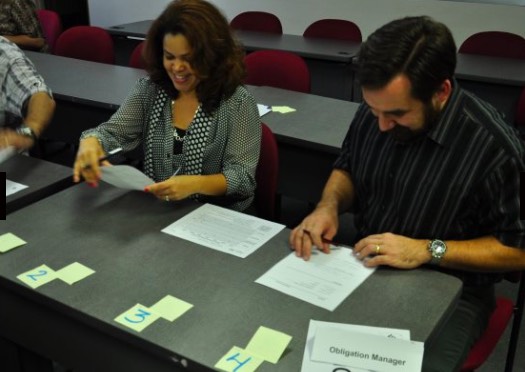
.jpg)

